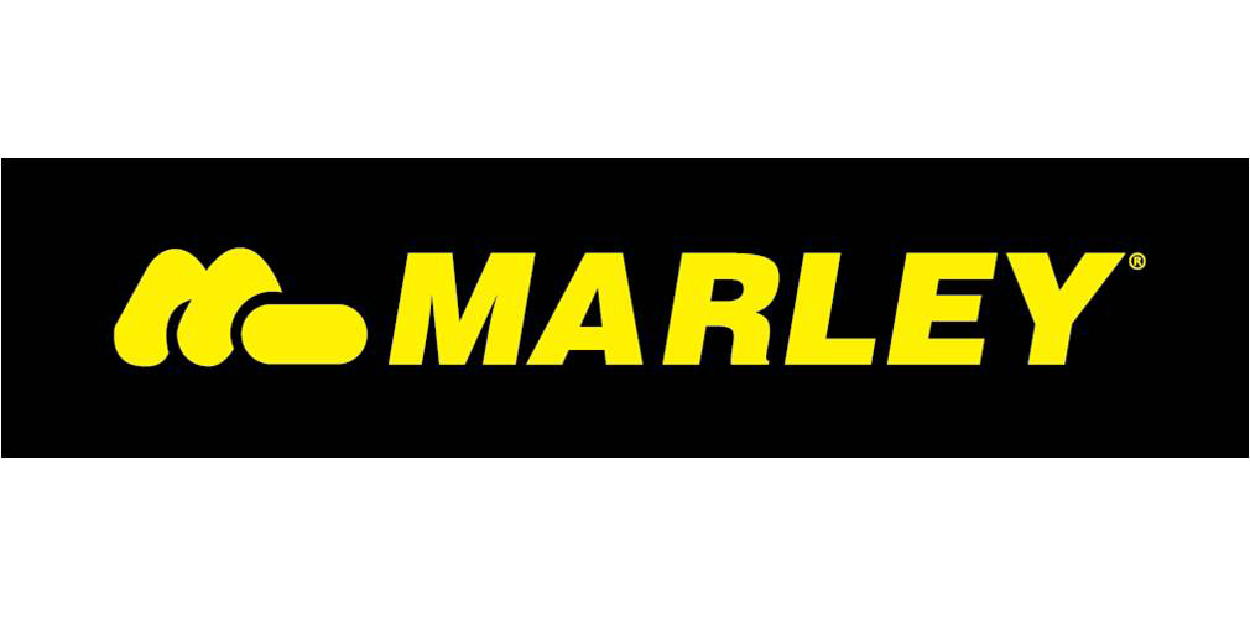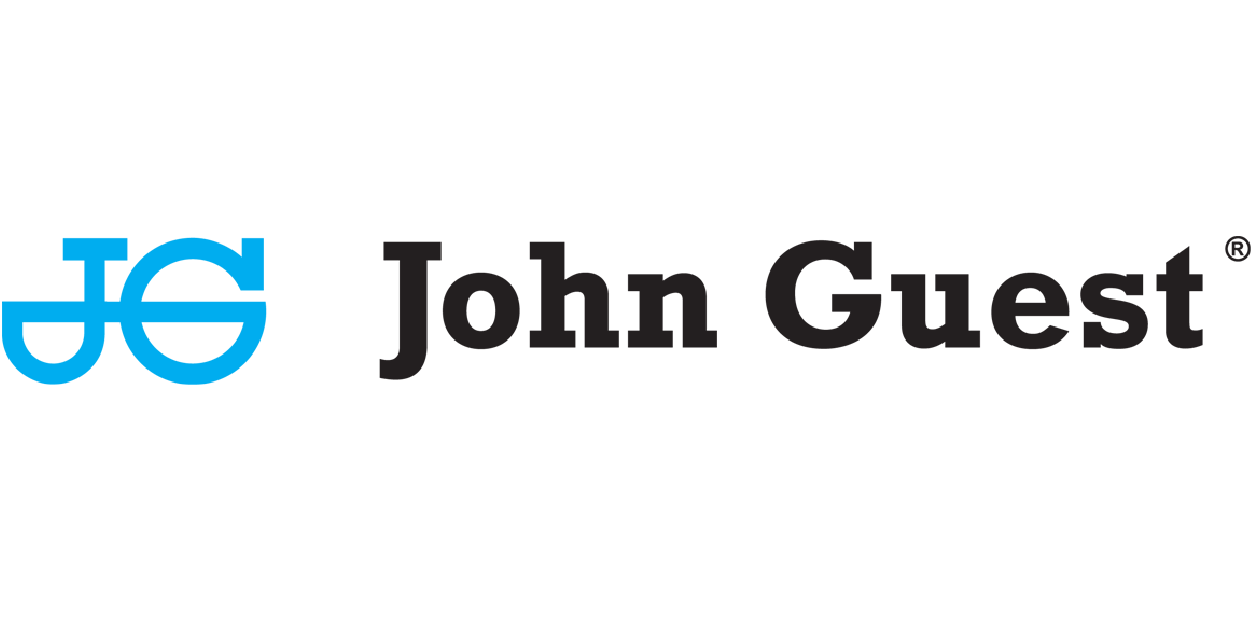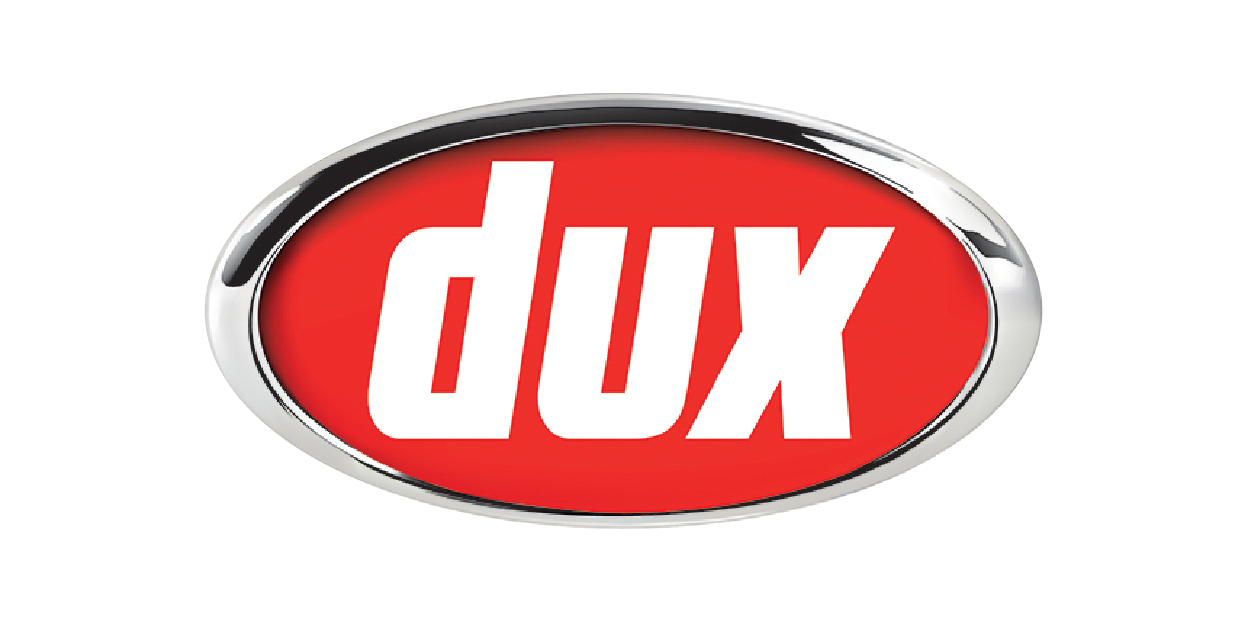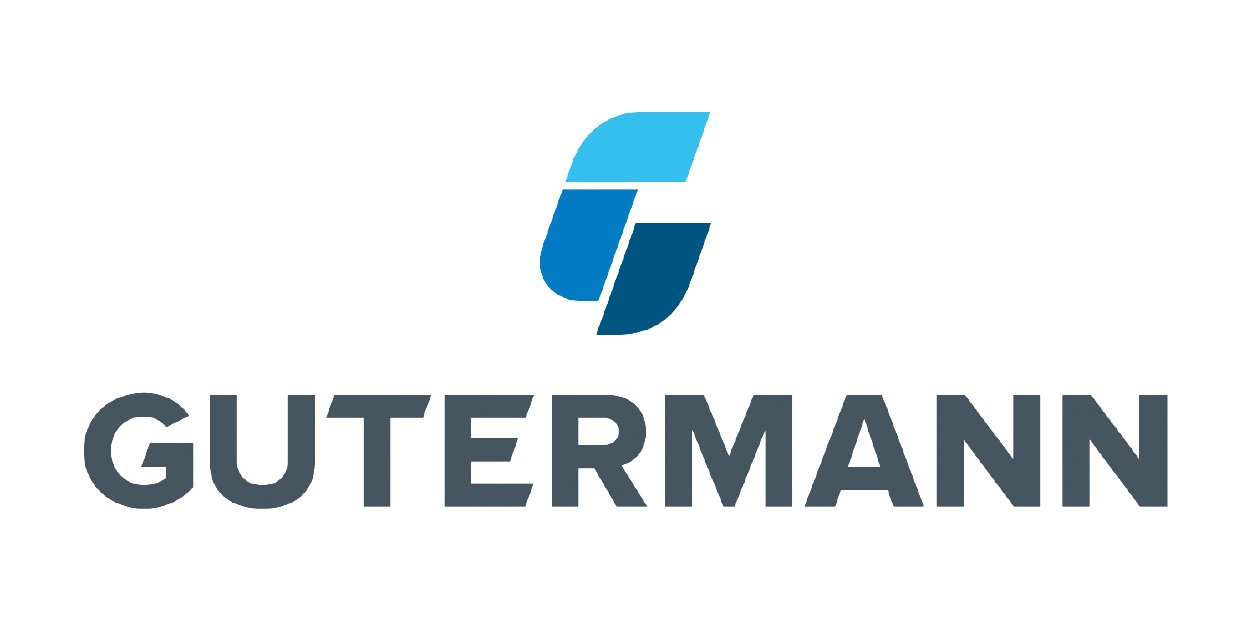
Call Today 09 973 4973 or
Cooling systems are an integral part of various facilities, ranging from commercial buildings to manufacturing plants and data centres. They play a critical role in maintaining optimal temperatures and ensuring the smooth operation of various processes. Given their importance, efficient leak detection in cooling systems is crucial to prevent disruptions, maintain energy efficiency, and avoid costly damages.
The Importance of Cooling Systems
Cooling systems are designed to remove heat from an environment where it is not wanted. By circulating a coolant through a set of pipes, they dissipate heat, helping to maintain the desired temperature levels in the area. Any leak in the system could hamper this heat exchange process, affecting the system’s efficiency and potentially causing major operational issues.
Challenges in Leak Detection
Detecting leaks in cooling systems can be challenging due to various factors. The systems often cover large areas, making it difficult to inspect all components regularly. Leaks may occur in any part of the system – from the coolant reservoir to the distribution pipes and heat exchangers. The location of the leaks, whether above-ground or underground, can also add complexity to the detection process.
Leak Detection Technologies
Several advanced technologies are employed for leak detection in cooling systems. Acoustic sensors, which pick up the noise created by leaks, and infrared thermography, which detects temperature variations caused by leaks, are two common methods. Other technologies, such as tracer gas detectors, can also be used to detect leaks, especially in hard-to-reach areas.
Benefits of Leak Detection
Prompt leak detection in cooling systems brings several benefits. It helps prevent coolant loss, which could significantly impact system performance and lead to increased energy consumption. By detecting and repairing leaks promptly, facilities can maintain the optimal functioning of their cooling systems, reduce operational costs, and prevent potential environmental harm caused by coolant leaks.
Role of Regular Maintenance and Inspections
Conducting regular maintenance and inspections is a key strategy in managing leaks in cooling systems. Scheduled checks can help identify potential leak points and address them before they cause significant issues. Additionally, preventive maintenance, such as replacing worn-out components, can also minimize the risk of leaks.
Hiring a Professional Leak Detection Service
Given the complexities involved in leak detection in cooling systems, it is often advantageous to hire professional leak detection services. They possess the necessary skills, knowledge, and advanced equipment to detect leaks accurately and promptly, ensuring minimal disruption to your operations and maintaining the efficiency of your cooling systems.
Suppliers




